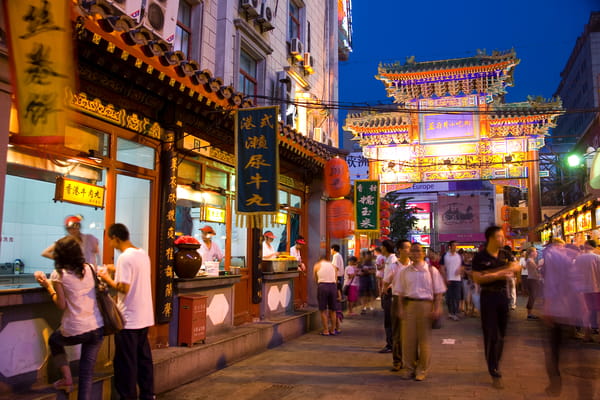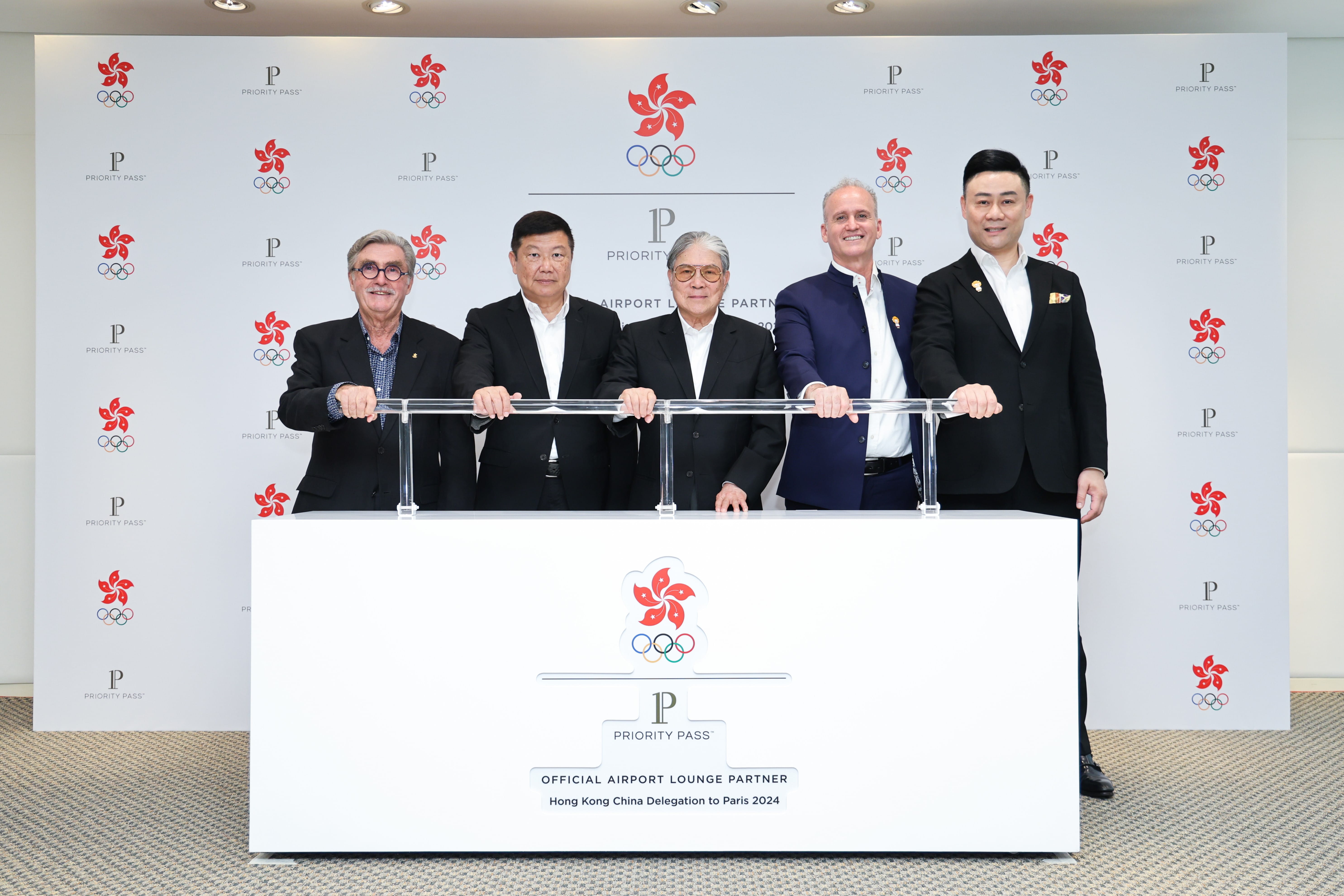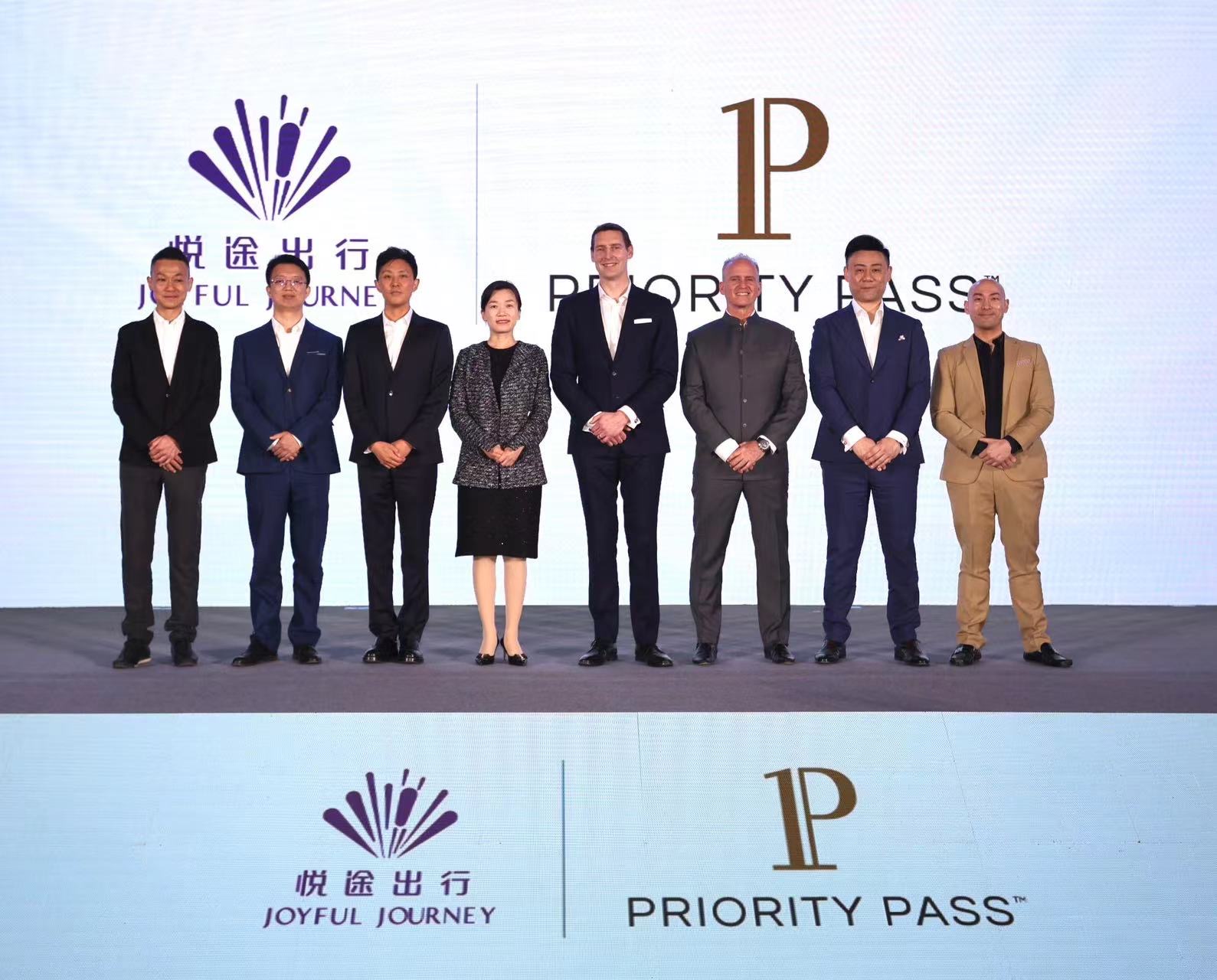
Whether your company is sending a production team or VIPs to a major sporting event , there are lots of details to be covered. What happens when an employee encounters a medical event? How can you ensure your guests and employees will get the attention they need, quickly and reliably?
David Sarafinas, VP of Travel Risk Management, and Global Medical Director, Dr. Simon Worrell, answers key questions around planning and common watch outs.
For events with large crowds, like sporting events, when should a company start planning and what should these plans include?
David: There are only so many in-country resources (doctors, ambulances, etc.) available for these types of events. If you do not start planning 1.5 years ahead of time, there is a risk of not having the best talent available or not having enough ground resources.
Also, you could find yourself in a bidding war with local staff who find themselves able to inflate their charges the closer you are to the start of the event. Many outsourced providers may try to suggest they will bring in doctors from other countries you may feel comfortable using but keep in mind, bringing in expat doctors to perform actual medical care is most often illegal! There is a role, however for an expat doctor .
Simon: The expat doctor usually performs both a senior medical role and a liaison role with the client. In many countries, only local doctors can perform procedures, but the expat doc is there to ensure that all is occurring to an appropriate standard and to reassure the client. They are also important for the English-speaking VIPs.
What should organisations do prior to the event to make sure they are set up for a healthy and productive trip?
David: For sponsors who are hosting VIP’s or media companies who are filming, they must ensure people involved are educated and informed about visa requirements, food and water concerns, cultural information and most importantly, how to access medical care. These topics are generally provided through a bespoke, event specific travel risk management programme using a mobile app.
Simon: For previous clients, we have provided a bespoke phoneline staffed 24/7 to answer such issues prior to the attendees flying out. During the last and upcoming Winter Olympics this was arranged for a major broadcaster for whom we were working, actually the uptake can be low, but the potential ability to phone should they need to probably adds value to the proposition. We also wrote bespoke information that our client was able to issue to their attendees electronically.
What are the most common medical issues for people traveling internationally, especially given the number of people who will be attending events like the Olympics or the World Cup?
Simon: In general, the most common medical issues are those that routinely present to a general practitioner. In fact, the on-site clinic (or hotel room clinic) is essentially set up as a GP clinic. Traveler’s diarrhoea is common, dehydration if in hot countries, sprains, aches and pains. The clinic doctor’s job is to treat the simple conditions and to spot when symptoms could represent something more serious. In this instance, the patient is referred to the local hospital for further evaluation.
It is the assistance company’s job to have a pre-existing relationship with the local hospitals so that referral is as easy as possible. For the 2022 Beijing Olympics, for example, our network team has performed a site visit to China, secured relationships with hospitals and local doctors so that referrals during the Olympics are straight-forward. When individuals are admitted, the expat doctor (in conjunction with the local doctors often performing a translating role) is able to visit the admitted patient daily to update the client, working with the Assistance company team in the UK to manage the case as efficiently as possible.
A special mention should be made about occupational medicine. For clients performing an active role in the sporting events (examples: filming, constructing the set), illnesses can often occur in the performance of their work role. It is important for the on-site medical team to establish whether the worker is fit to continue their work role. This will involve discussion with the client company, who will ultimately make the informed decision.
What happens if/when someone needs medical assistance?
David: In most cases, we will have a 24/7 medicalised hotel room where members are staying, outfitted with all the necessary equipment found in a typical clinic. All covered attendees will be given a dedicated number to call for assistance, reaching the doctor at the clinic. In some cases, the call will be taken by our operations team and instructions will be given to call or see the clinic doctor. Once seen by the clinic doctor, they may be given general OTC medication or a prescription to have filled.
Simon: In addition, there can be an on-call function whereby the medical team can be contacted out of hours so that hotel visits can be made for symptoms at night. This is especially important for VIPs.
Some companies may think they won’t need medical assistance. What do you say to them? What has your experience shown?
David: During rush hour traffic in most major cities, traffic can be problematic. If you compound this by adding 100’s of thousands of additional sporting fans, traveling to a medical facility could be nearly impossible. My experience in helping companies during major sporting events for the last 20 years shows that there will be a significant number who will need medical treatment, and some with life threatening events. If your organisation is working at the event, down time for technical talent and stage talent is critically important. If you are sponsoring the event and hosting VIPs, your brand and reputation is riding on the line. You are most likely spending hundreds of thousands, if not millions, to have your logo seen by the world. The amount of budget needed to fund a robust medical assistance program is, as one client told me, “less than we are paying for bottled water.”
Simon: Our medical clinic offers much more rapid assessment and treatment than using local facilities. Triage is also much quicker, allowing for the identification of serious cases early on, and transferring the patients to hospital. In addition, the infield medical team is able to liaise with the company directly, providing up to the minute information about admitted patients. For VIPs a particularly bespoke service is facilitated whereby VIPs can be seen in their hotel room, so that personal medical care is provided in a timely manner, at all hours of the day.







